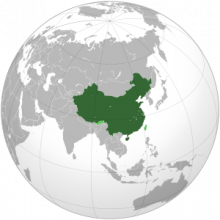Microsemi denies backdoor claims
CHIP MAKER Microsemi has denied suggestions that it built a backdoor into a processor used by the US military that could give Chinese hackers access to its systems.
When the report surfaced in a research paper out of Cambridge University, we were told this is a problem with Stuxnet-like ramifications. Not so, says Microsemi, which, though it is not party to all the information but enough to console itself, says that this has all been blown out of proportion.











































































